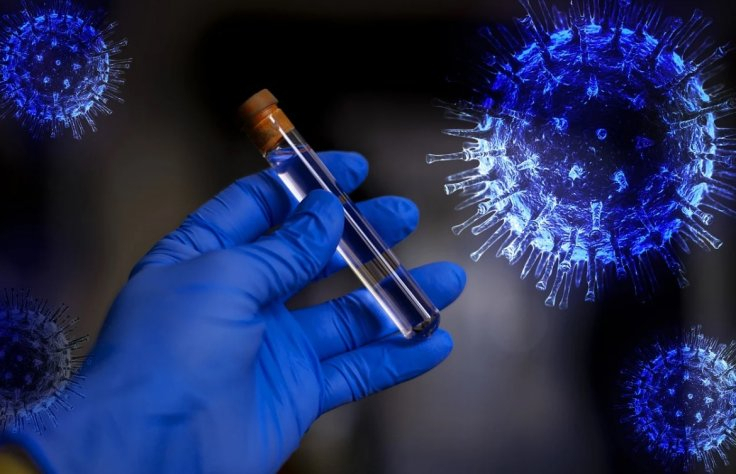It will take at least two more years for the world to return to pre-pandemic normalcy provided countries have enough vaccine doses, World Health Organization (WHO) chief scientist Soumya Swaminathan said on Tuesday. She explained that while vaccines will be likely rolled out in 2021, there will not be enough doses next year to allow people to their pre-pandemic lives.
"The way that people are picturing it is that in January you have vaccines for the whole world and things will start going back to normal – it is not how it works," Swaminathan said. "Our best assessment [for vaccine roll-out] is the middle of 2021 because at the beginning of 2021 is when you will start seeing the results of some of these trials."
The chief scientist explained that the ongoing trials are required to have at follow up of at least 12 months. During this follow up period, healthcare professionals look for any long-term side effects of a drug — mostly after the first few weeks.

About 200 groups of researchers across countries have raced to make a vaccine for Covid-19. While Russia became the first country to register a coronavirus vaccine in August, scientists expressed doubts and concerns surrounding the trials and efficacy of the drug. Vaccine developers in China have been pursuing four types of technologies and last week the country's officials announced that hundreds of thousands of people were inoculated under emergency use authorization granted to three vaccines following their phase one and two trial completion.
Swaminathan said that there should some criteria for vaccines to be used under emergency authorization. "Because it is a pandemic, it is possible that many regulators will want to do an emergency-use listing, which is understandable, but there needs to be some criteria around that. What we would like to see is efficacy, but I think more importantly what people like to see for safety," she said.

Last week, John Bell — Oxford University's professor of medicine — said that most vaccines about eight years to develop and a vaccine for coronavirus will not be ready before a potential second wave.
"We're not going to beat the second wave now. We're probably right at the front end of the second wave now, but a vaccine might arrive towards the end of the second wave," Bell reportedly said. "We're probably about three to four months ahead of anybody else with a practical vaccine," he added.







